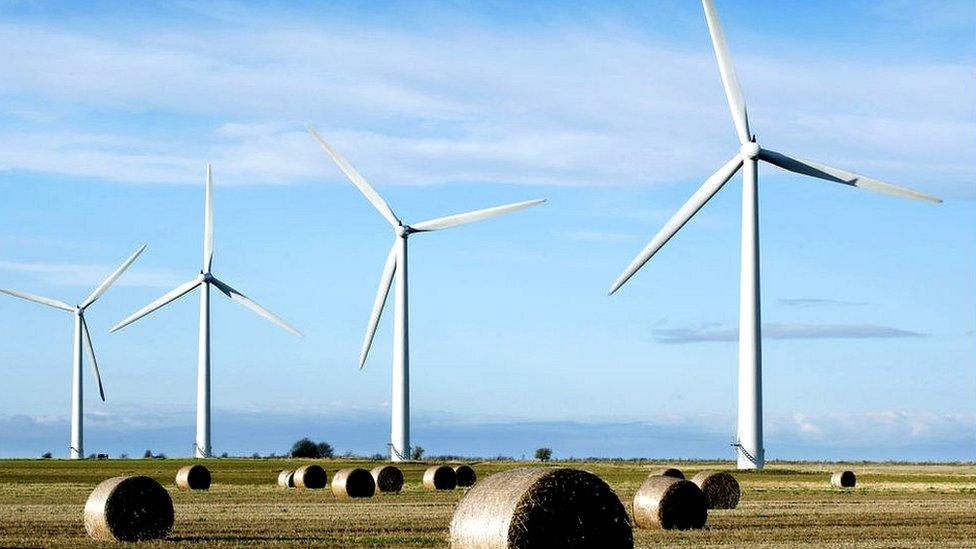New onshore wind rule 'open season for developers'
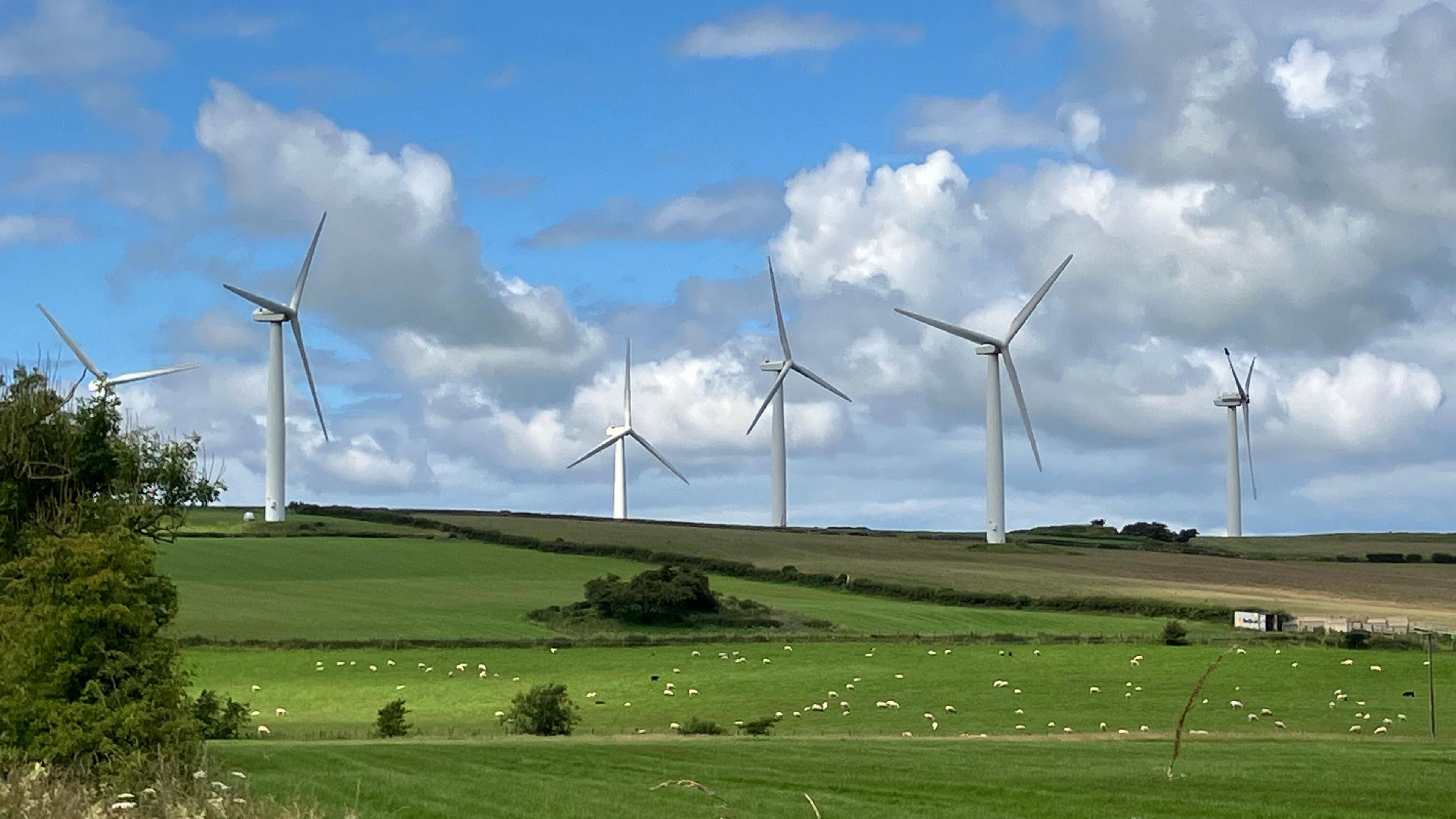
Former MP Mark Jenkinson has concerns about the impact of the rule change in Cumbria
- Published
Rule changes to allow more onshore wind turbines could mean "open season" for developers in Cumbria, a former MP has warned.
The incoming Labour government has ended an effective ban on new onshore wind farms.
Critics have raised concerns that it would mean an increase in unsightly structures in the Cumbrian countryside.
But supporters of the new policy direction said climate change and energy security were more important issues.
Mark Jenkinson was, until recently, the Conservative MP for Workington, a constituency where many turbines were built before planning rules were toughened in 2015.
An inquiry by a former district council in the area concluded there had been 94 planning applications for wind developments in Allerdale in less than seven years - more than anywhere else in the county.
Mr Jenkinson said: "We are in the best-placed wind zone in England for onshore wind, so I do fear that it will become open season for developers."

Mr Jenkinson was MP for Workington until the election on 4 July
Bridekirk Parish Councillor Roy Stenson said nobody wanted to live next door to "one of these things" and he would object to more being built locally.
He added: "They are 90m tall, which is some height to be very close to residences."
Tallentire, a village in his parish, near Cockermouth, has a wind farm with six turbines.
Jill Perry, the Green Party's Cumberland Councillor for Bothel and Wharrels, said she was "very pleased" that the "foolish" restrictions on onshore wind had ended.
"I live very close to the Tallentire Hill wind farm, and I walk my dog on Tallentire Hill - I have no problem with that."
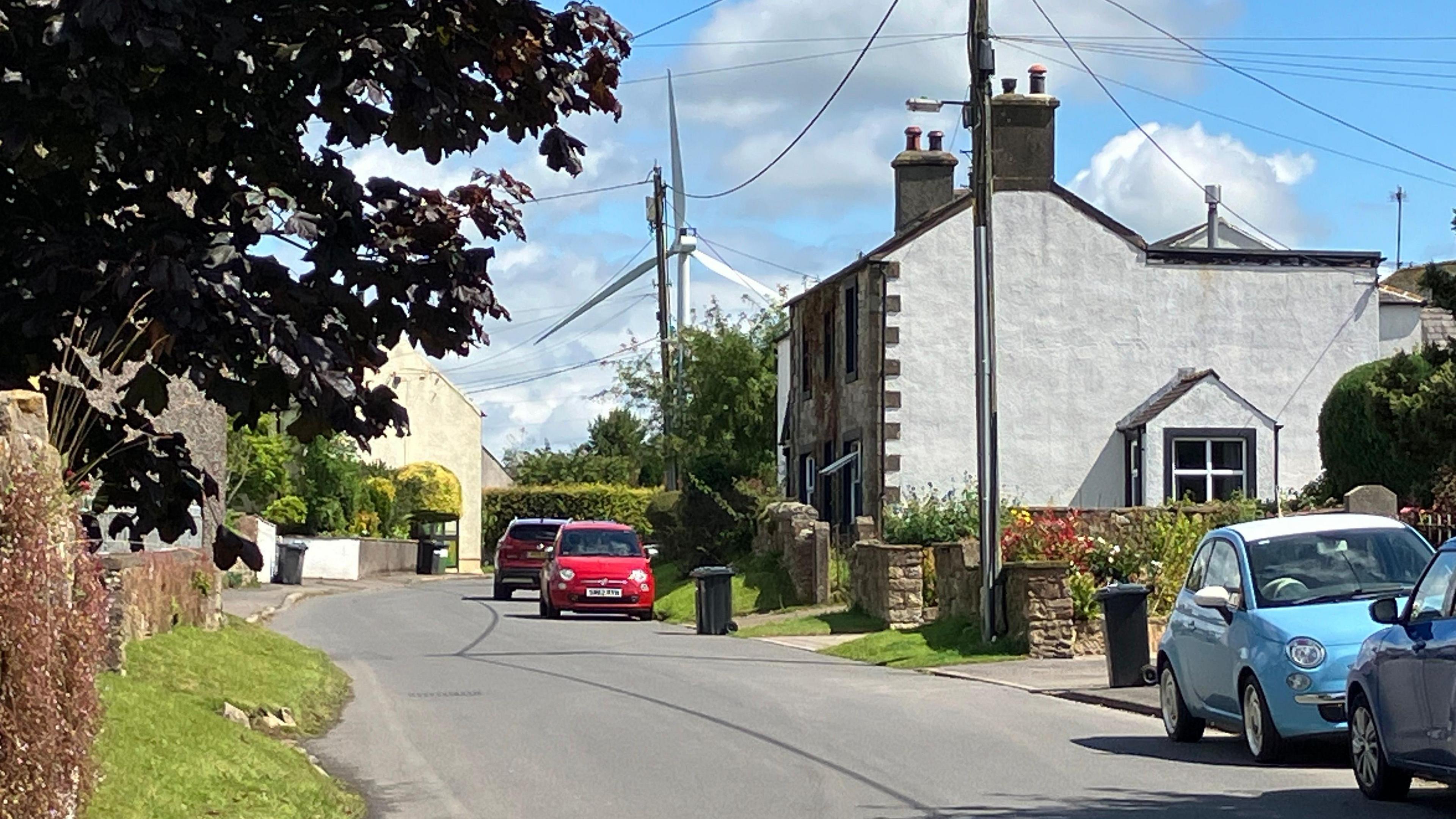
Tallentire has a wind farm with six turbines
A proposal to build four 150m-high turbines, almost the height of Blackpool Tower, in countryside between Carlisle and Wigton has attracted criticism.
But Emma Porter, from Kirkbampton, said they would be visible from her garden and she was "very positive" about the plans.
She said: "The planet needs us to stop burning fossil fuels, but people still need electricity and so we need renewable energy fast.
"This is more important than my view."
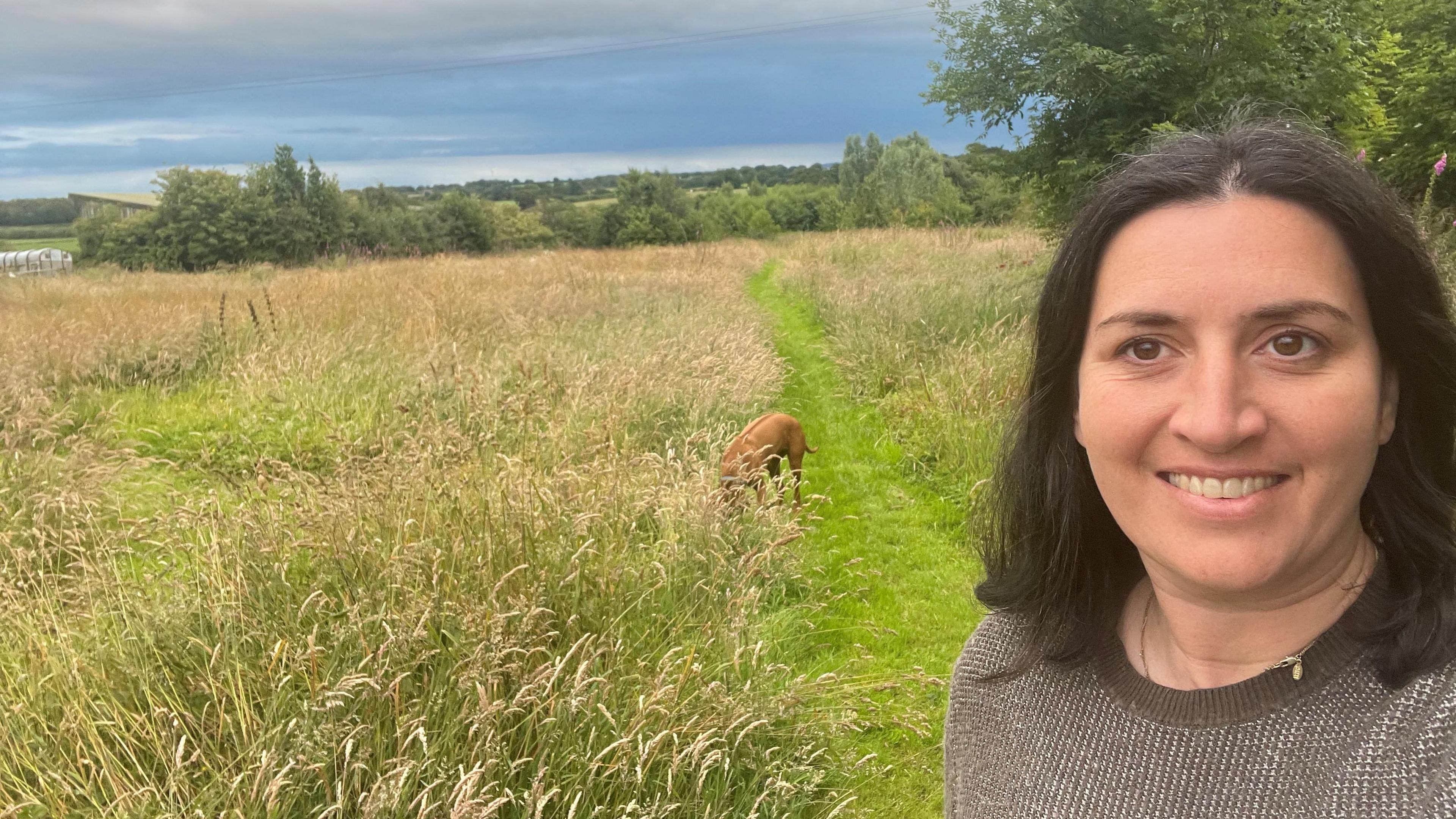
Emma Porter would be able to see the proposed turbines from her garden
The developer, Ridge Clean Energy, said wind energy in England was three times more productive than solar.
Marjorie Neasham Glasgow, CEO at the company, said the scheme would also include a community fund of about £100,000 per year, which could be used for a local discount on electricity.
She added: "Responsible developers must place landowners, local communities and the environment at the heart of their developments throughout the lifetime of a project, from conception through to decommissioning."
Follow BBC Cumbria on X (formerly Twitter), external, Facebook, external and Instagram, external. Send your story ideas to northeastandcumbria@bbc.co.uk.
- Published8 July 2024
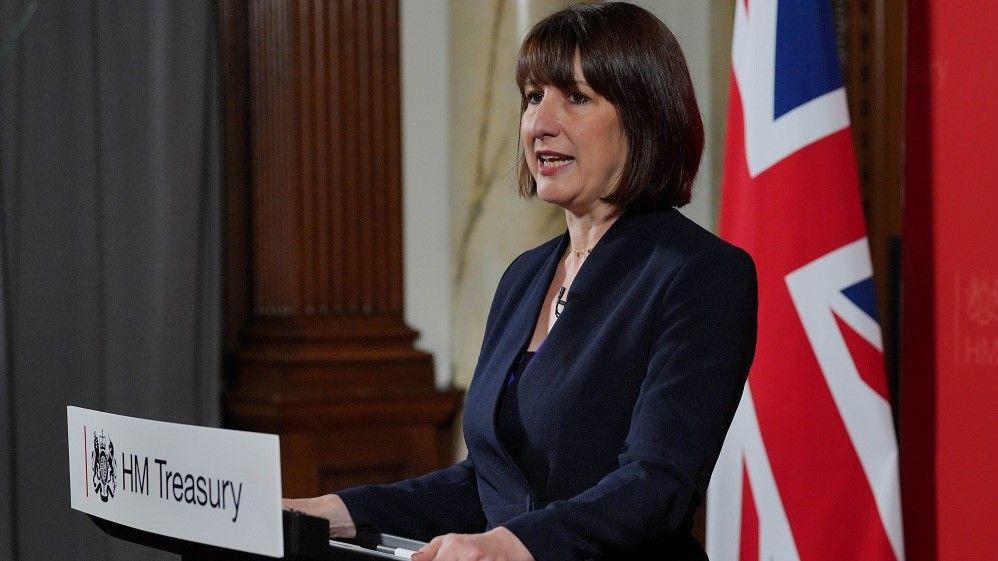
- Published13 July 2024

- Published5 September 2023
